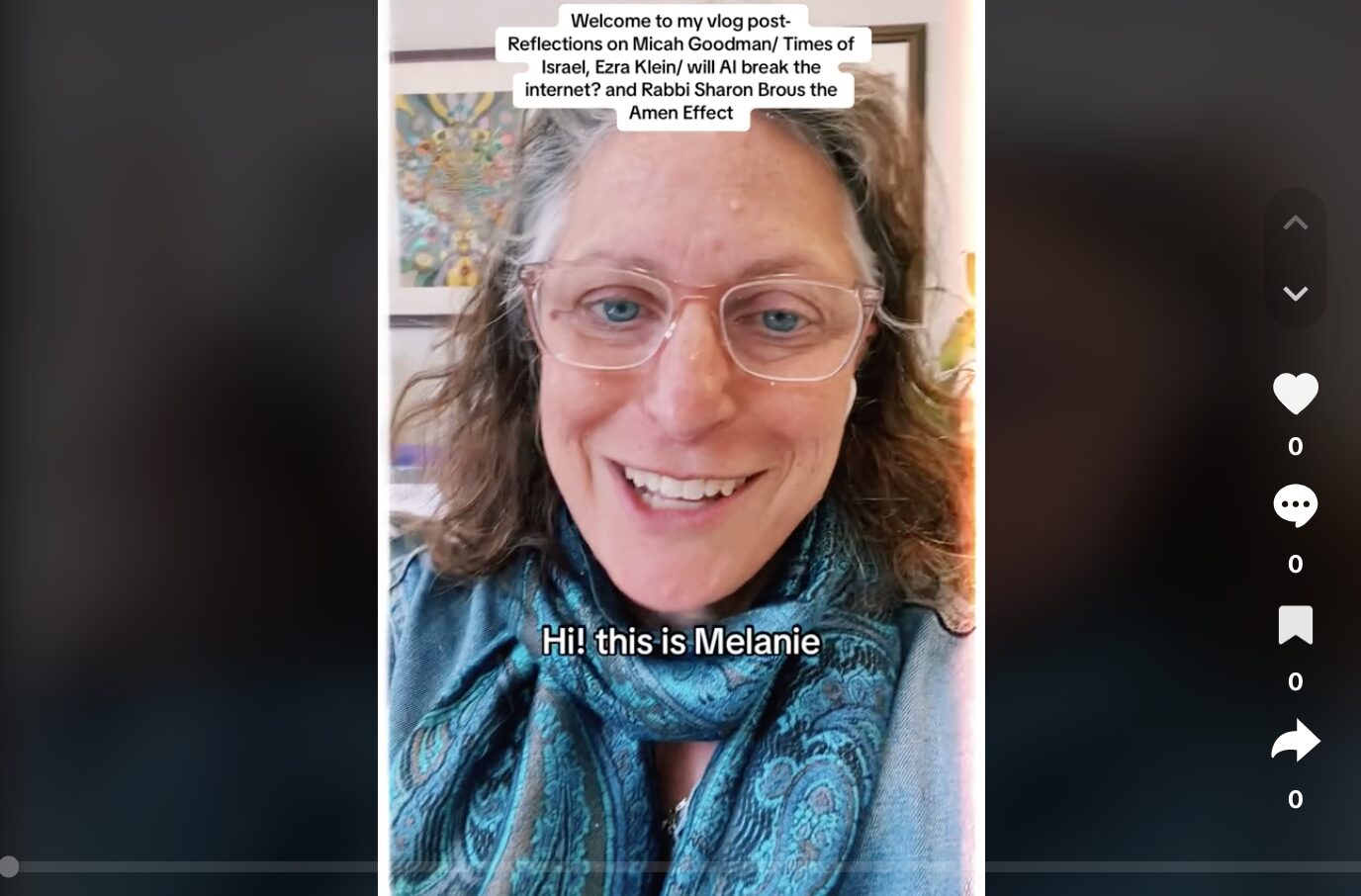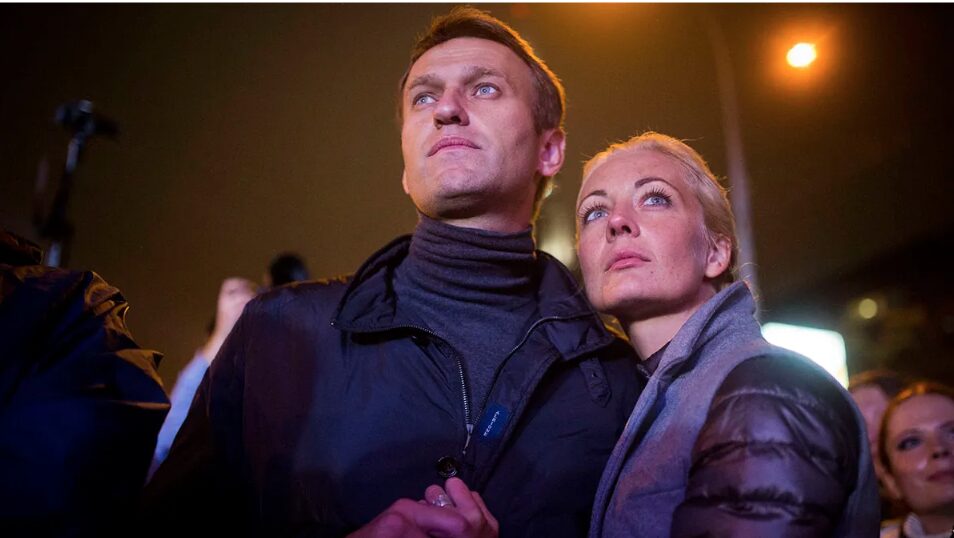 When your campaign or video “goes viral,” as was the case with the (ice) bucket challenge, it is great news. The word virus, etymologically, comes from a meaning of the flow of poison. It has come to mean the spread of something (for example an infectious disease or idea) by the means of replication. Replication is the key to understanding the virulent nature of viruses—they start small, microscopic, but then, as the Sinatra song goes, the news starts to spread.
When your campaign or video “goes viral,” as was the case with the (ice) bucket challenge, it is great news. The word virus, etymologically, comes from a meaning of the flow of poison. It has come to mean the spread of something (for example an infectious disease or idea) by the means of replication. Replication is the key to understanding the virulent nature of viruses—they start small, microscopic, but then, as the Sinatra song goes, the news starts to spread.
Viruses penetrate inside the membranes of cells in order to replicate. A virus such as Ebola replicates inside the body of an individual by attaching itself to a host cell—using the proteins of the host to replicate itself—a million fold. Deception is a part of a virus’ modus operandi. It has to “pass” undetected to infiltrate. In the case of Ebola it disguises itself and then, snakelike, “uncoils, springs forward and penetrates the membrane, driving itself into the cytoplasm.”
Ebola, like any other virus has to find an opening, an entry point. The skin acts as a formidable barrier to most viruses. A small cut (or contact with an orifice of the body) allows the virus to enter. In order though for the virus to find the opening, the host must come close, be in contact with the infected person by caring for them or their body in life or after death. Empathy is one factor that spreads the virus—no wonder that many of the healthcare professionals who put themselves at risk and were infected work for Doctors Without Borders. The hallmark of empathy is to remove those barriers that keep us separated, unconcerned about the other. And here is the paradox. If I am going to walk in another person’s shoes who has Ebola, I better have thick socks on.
Those health care workers who travelled to West Africa were holding opposites; caring and touching those infected with Ebola virus while at the same time trying to contain the spread of the disease. In the debate over quarantining them and those who have been in contact with them, there is a parallel issue of opposing forces: containing the spread of a disease and empathy for those who have returned from the frontline of empathy.
Within the borders of some states those quarantined (who do not have symptoms) are allowed visitors or to walk their dogs. In other states the confinement is total isolation.
Kabbalah teaching informs us that we have to hold both propositions around barriers, borders and the skin. For empathy to survive it needs a host. For empathy to take hold it needs to replicate. What is being lost in the quarantine debate is that humanity needs to be in touch with those who are willing to be on the frontline of empathy. Empathy is the key to moving beyond the borders that we are comfortable with and yet, without any borders, a virus can infiltrate, replicate and kill. Would those who are being asked (or required) to be in quarantine feel less isolated if they were given a hero’s welcome and asked to be our teachers on empathy and learn for themselves the importance of living within borders that insure safety for others?
Skin, though a very effective barrier is porous. We are designed for protection and for empathy. Empathy with borders is a paradox (pair of docs) worth spreading.










0 Comments